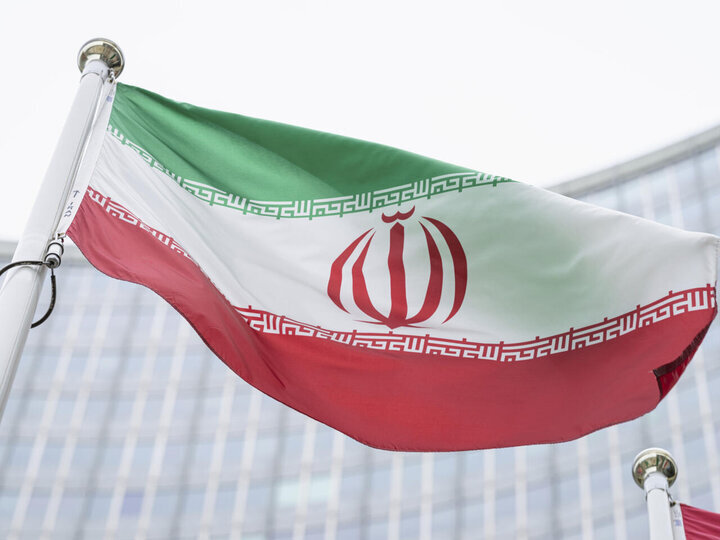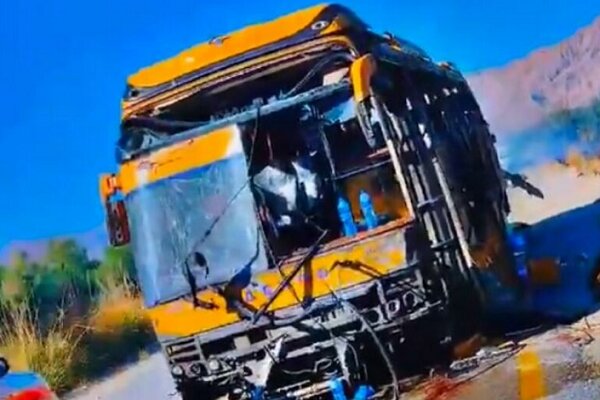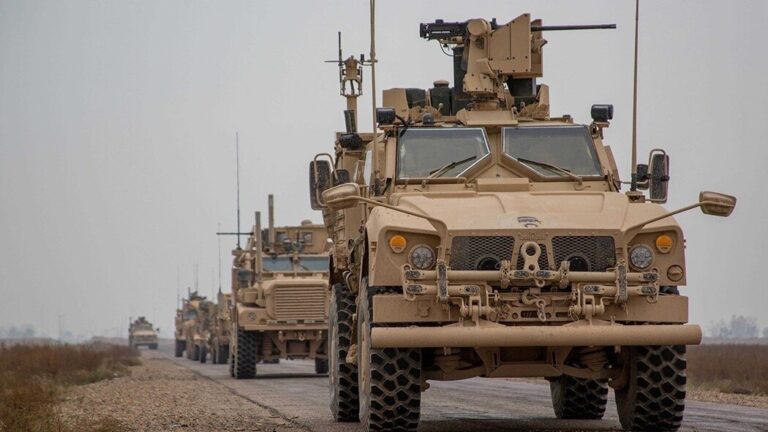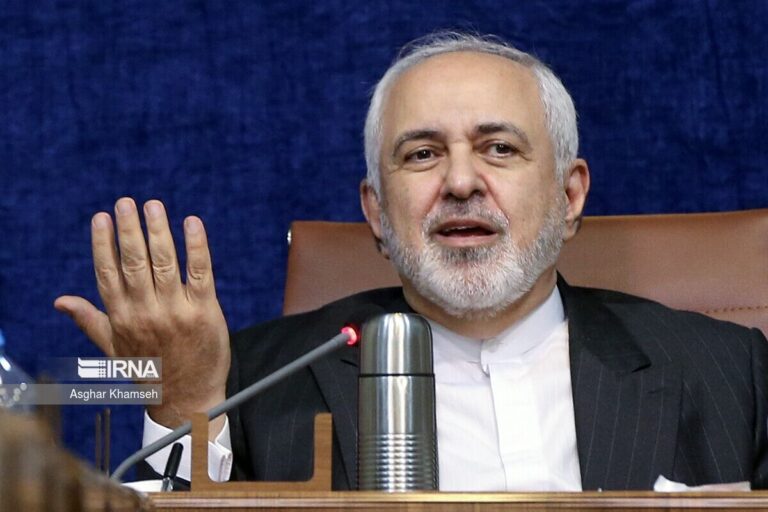Iran Responds to Trump’s Letter Claims: Unpacking the Leader’s Reaction
In a recent development, Iran’s permanent mission to the United Nations firmly rejected the claims made by US President Donald Trump regarding a letter sent to the Islamic Revolution Leader, Ayatollah Seyyed Ali Khamenei. This letter purportedly proposed negotiations for a new nuclear deal, which has sparked significant discussion and controversy.
On Friday, the Iranian mission stated, “We have not received such a letter yet.” This statement came shortly after Trump expressed his desire to negotiate a nuclear agreement with Iran during an interview on the Fox Business Network.
In the interview, Trump mentioned that he had sent a letter to Iran’s leadership on Thursday, expressing his hope for negotiations. He stated, “I said I hope you’re going to negotiate, because it’s going to be a lot better for Iran.” According to Trump, he believes that Iran would be interested in receiving the letter, adding, “I think they want to get that letter.”
Trump also warned that if negotiations do not occur, action may be necessary. He stated, “We have to do something, because you can’t let another nuclear weapon.” This remark alludes to ongoing concerns surrounding nuclear proliferation in the region.
Iran, on the other hand, has consistently maintained its stance on nuclear arms. The Iranian government has reiterated that it is not pursuing nuclear weapons, emphasizing that its nuclear technology is intended solely for civil purposes. Furthermore, Ayatollah Khamenei has issued a Fatwa that prohibits the possession and use of weapons of mass destruction, reinforcing Iran’s commitment to non-proliferation.
- Iran’s Response: The Iranian mission to the UN has denied receiving any correspondence from Trump.
- Trump’s Claims: Trump insists he sent a letter proposing negotiations, hoping for a positive response.
- Nuclear Weapons Stance: Iran asserts that its nuclear program is for peaceful purposes, backed by a Fatwa against nuclear weapons.
This situation reflects the broader complexities of US-Iran relations, particularly regarding nuclear policy. The possibility of negotiations has been a contentious topic, with both sides holding firmly to their positions. While Trump seeks dialogue, Iran’s leadership remains skeptical, given the historical context of their interactions.
The international community is closely monitoring these developments, as any progress or lack thereof could have significant implications for regional stability and global security. The potential for a new nuclear deal remains uncertain, with both nations at an impasse.
Moreover, the potential dialogue comes amidst a backdrop of heightened tensions and sanctions. The US has imposed various sanctions on Iran, which has retaliated with its own measures, complicating the prospect of negotiations. The relationship between the two nations has been fraught with mistrust, making any diplomatic efforts challenging.
As this situation evolves, observers are keen to see whether Trump’s outreach will yield any tangible results. The effectiveness of such communication is still in question, especially considering Iran’s previous experiences with diplomatic engagements that did not yield positive outcomes.
In conclusion, the claim of a letter sent by Trump to Khamenei opens a new chapter in US-Iran relations, filled with potential yet fraught with uncertainty. As both sides navigate this complex issue, the implications for nuclear policy and regional stability remain significant. The world watches closely, hoping for a resolution that promotes peace and security in the region.






